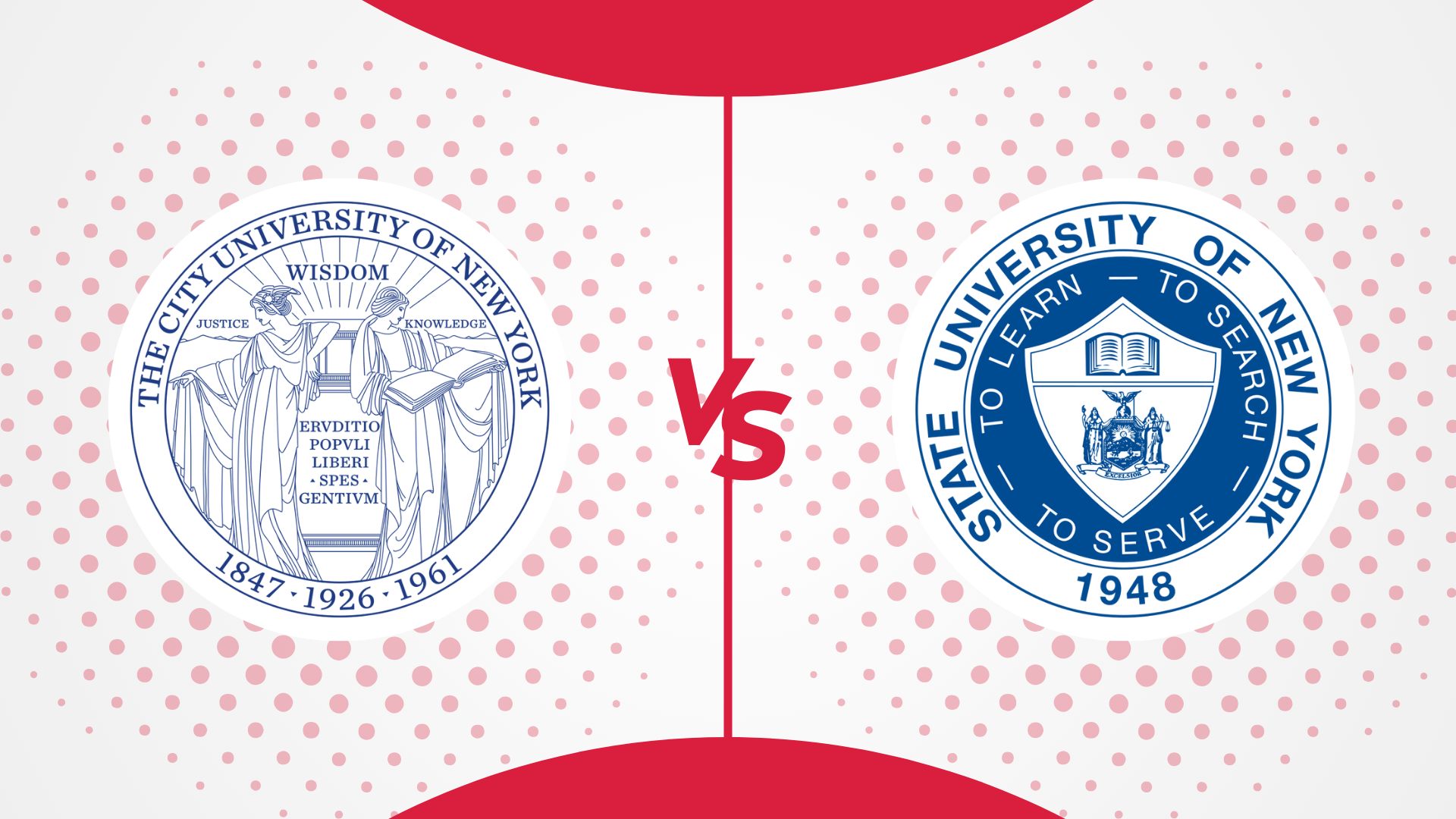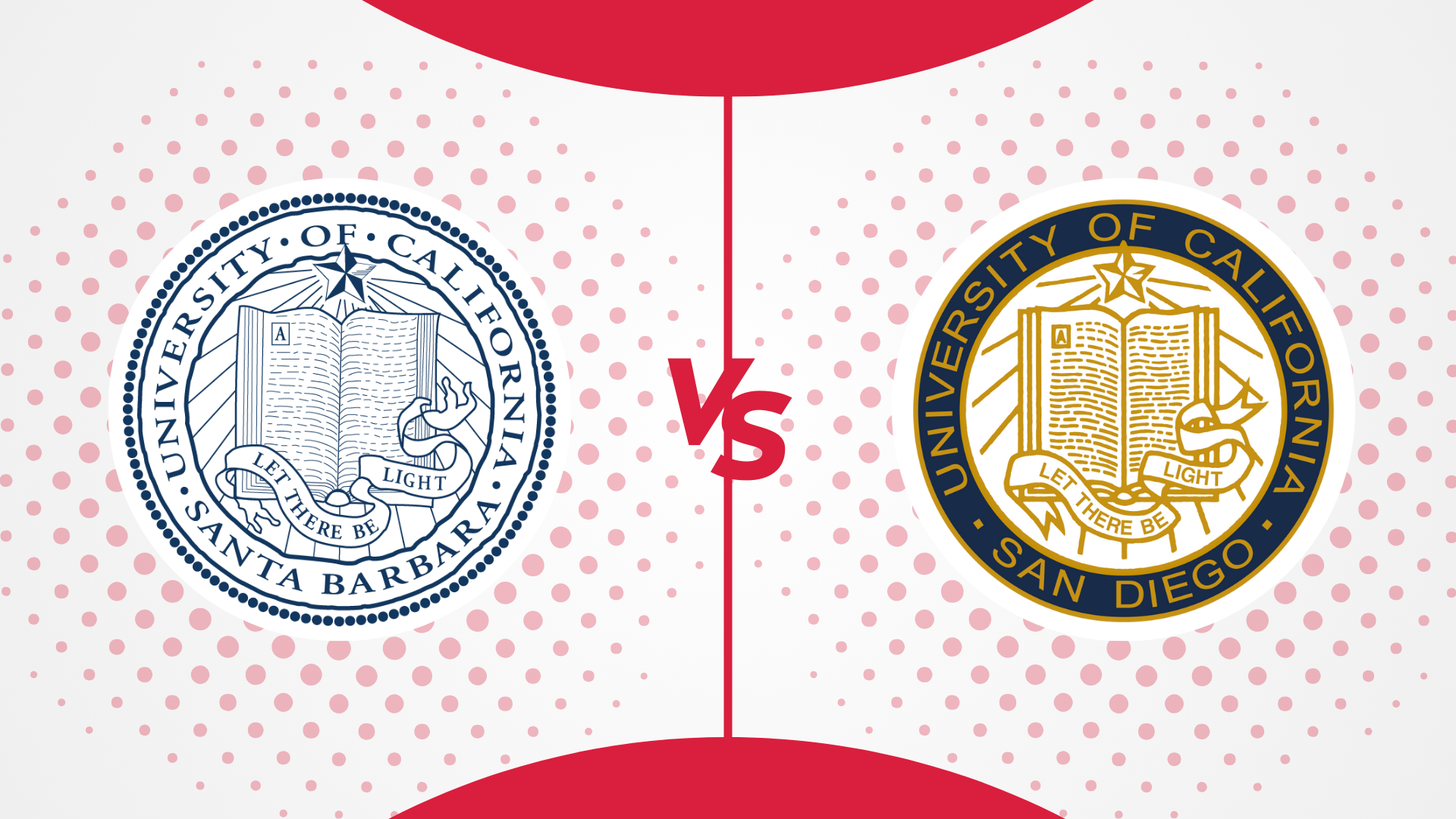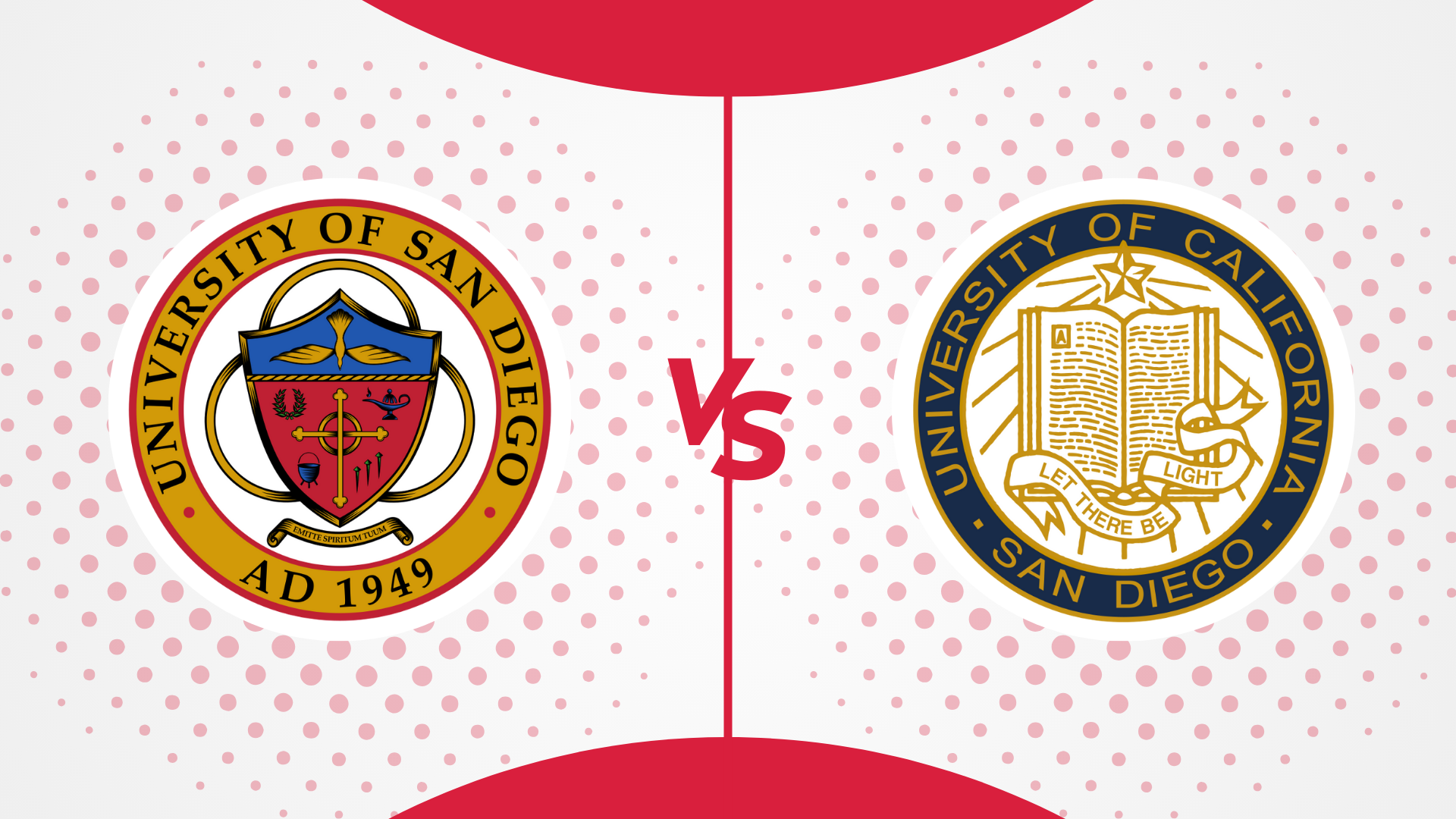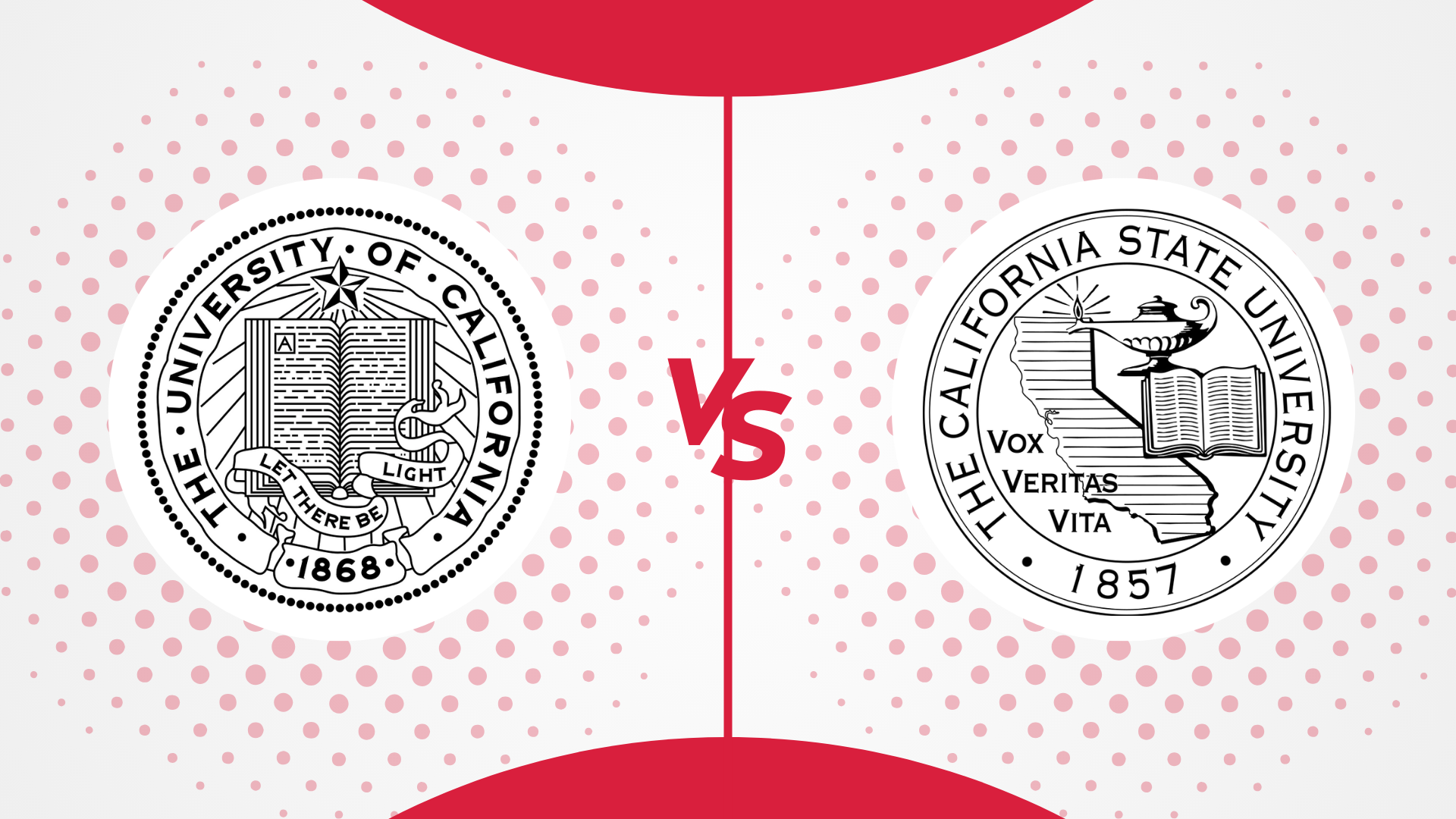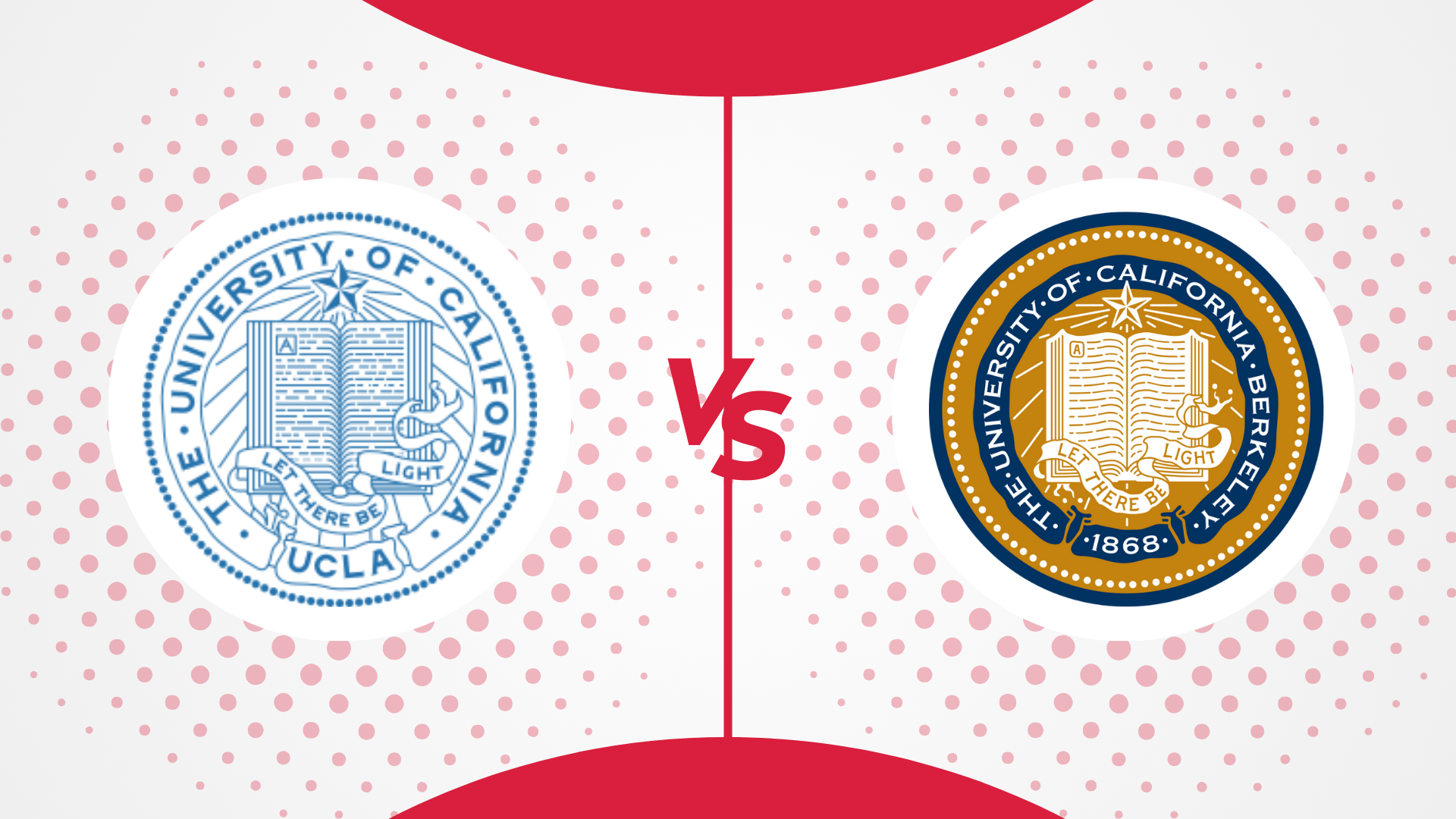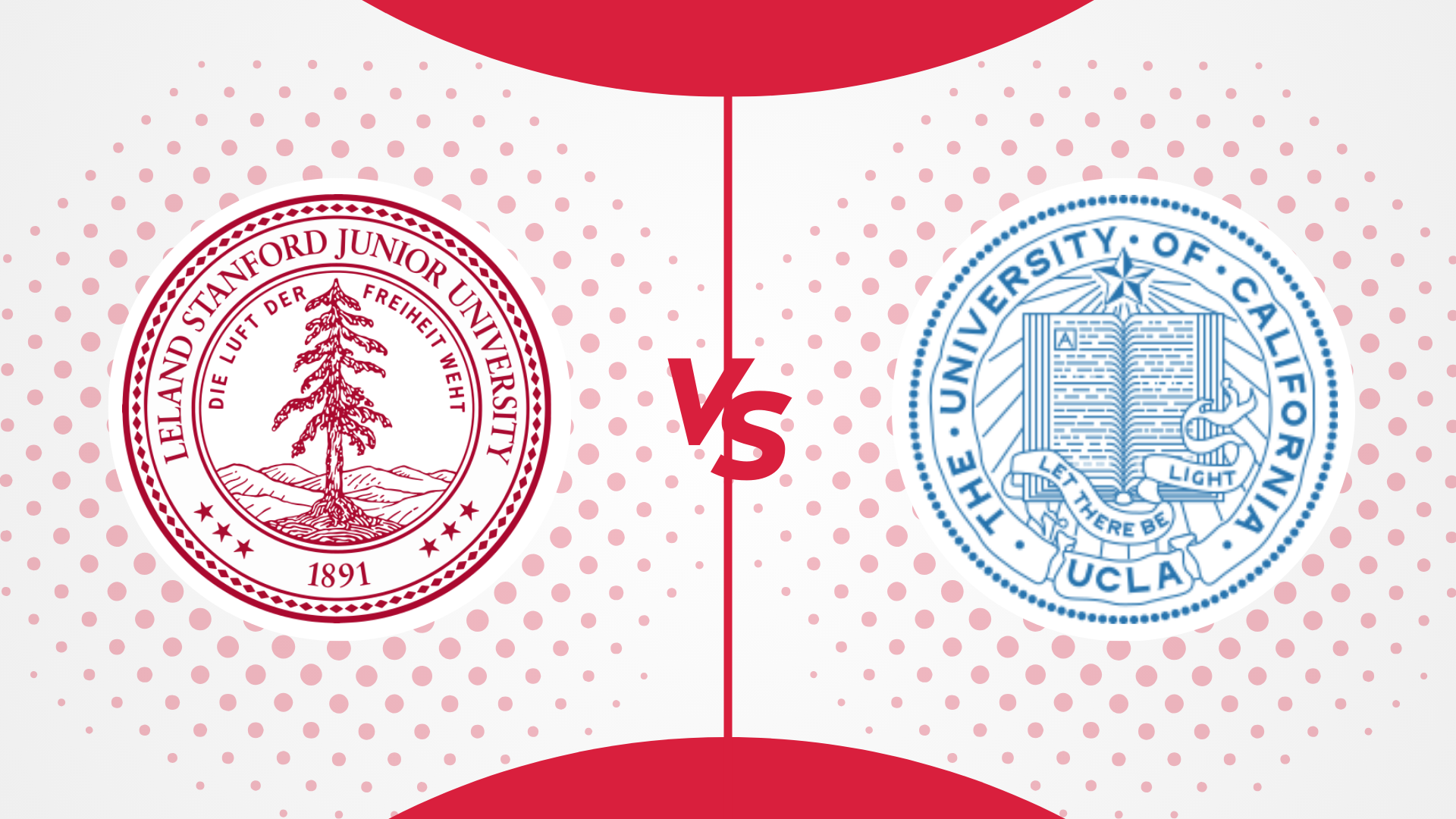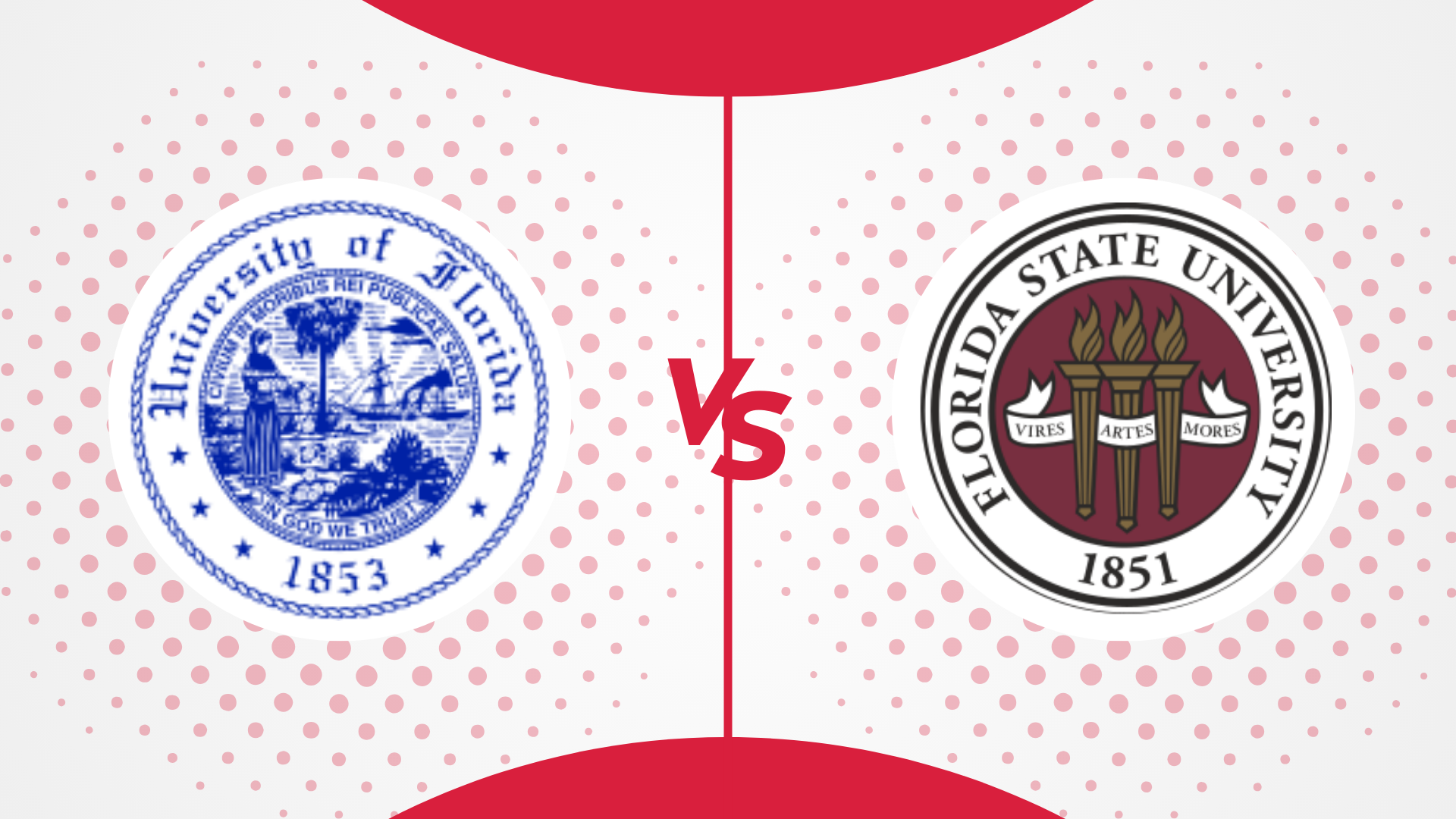Making a choice like LSE vs Oxford is like choosing among two global titans of higher education. Oxford has its excellence, rigour, and legacy while LSE is one of the foremost institutions in the world when it comes to the social sciences. So how does one choose between the two?
This article provides an in-depth comparison of these two UK universities across various parameters so that you can make an informed decision about a school best suited for your needs.
A quick view.
Established in 1096, Oxford University is one of the oldest universities in the world. It’s known for its rich traditions, collegiate system, and diverse academic programs. Thanks to its location in a smaller, university-focused city, it offers a more immersive student life with a strong sense of community. The university excels in a wide range of disciplines, from the humanities to the sciences, with a globally renowned tutorial system that emphasizes one-on-one learning. It boasts over 100 libraries, including the world-renowned Bodleian Libraries. It has consistently ranked as one of the top universities globally and is renowned for its contributions to research and teaching across diverse fields.
LSE, founded in 1895, is a specialist institution primarily focused on social sciences, such as economics, political science, and international relations. Situated in central London, LSE offers students access to the financial and political hubs of the UK, creating numerous opportunities for professional networking. LSE’s student body is highly international and is known for its rigorous, research-driven approach to education. While LSE does not have the centuries-old traditions of Oxford, it offers a more modern, cosmopolitan academic experience with strong links to the business and policymaking communities.
Overview of LSE and Oxford

Brief History and Background
London School of Economics and Political Science
Established in 1895, the London School of Economics is a public research university and a member institution of the University of London. The school was founded by members of the Fabian Society, including socialist economist and reformer Sidney Webb, social investigator Beatrice Webb, the political scientist Graham Wallas, and the writer George Bernard Shaw, to work towards correcting the gaps caused by inequality. Due to this background, LSE continues to focus on the social sciences.
Located in the London Borough of Camden and Westminster, LSE has over 25 academic departments, ranging from accounting to statistics. It is a world leader in social science and policy research, ranking 4th in the UK (Guardian 2025) and 50th in the world (QS WUR 2025). Also, LSE is often compared to London Business School, though they are quite different.
University of Oxford
Needing no separate introduction, the University of Oxford is the second oldest university in continuous operation after the University of Bologna. The evidence of teaching at Oxford can be traced back to 1096. Today, over 9 centuries later, Oxford continues to represent the pinnacle of higher education, ranking number 1 in the UK and in the world according to Guardian and Times Higher Education rankings.
Oxford University comprises 4 main academic decisions and 43 constituent colleges and halls spread throughout the town of Oxford. All Oxford students are members of a college that also conducts the famous Oxford tutorials. The University of Oxford has one of the best alumni associations, including 28 UK prime ministers, 20 Archbishops of Canterbury, over 70 Nobel Prize winners, and numerous heads of state.
Key Statistics and Rankings
Here is a table comparing the key stats and ranks for London School of Economics and Political Science vs the University of Oxford.
| LSE | Oxford | |
| Campus | London, England | Oxford, England |
| Ownership | Public Research University | Collegiate Research University |
| QS World University Rank 2025 | 50 | 3 |
| Times Higher Education Rank 2024 | 46 | 1 |
| Guardian National Rank 2025 | 4 | 1 |
| Undergraduate Student Body | 5,983 | 12,470 |
| Graduate Student Body | 6,051 | 13,920 |
| % of International Enrollment | 64% | 46% |
| Average Acceptance Rate | Around 9% | Around 16% |
| Student Staff Ratio (Sorce: The Complete University Guide League Table, 2025) | 12.8 | 10.3 |
| Number of Undergraduate Programs | 40 degrees | 50 degrees |
| Number of Graduate Programs | Around 180 | Around 350 |
| Number of Athletic Teams | Over 40 sports clubs | Over 80 Sports clubs |
| Number of Clubs and Student Organizations | 250+ | 400+ |
| School Colours | Purple, Black and Gold | Oxford Blue |
LSE vs Oxford: Academic Comparison

As a prospective student, academics is the foremost consideration when researching Oxford University vs London School of Economics and Political Science. It is also natural to think that Oxford is the obvious choice, considering it is the preeminent institution in the world, with a legacy that spans over ten centuries. But the choice is not that simple. London School of Economics or LSE, while not the topmost or the oldest university in the world, is a premier school for studying social sciences. It is known for its academic rigour and research excellence and is an equal competitor to many Oxbridge departments.
So, let us delve into the specifics – undergraduate study, postgraduate study, research, application procedures, and so forth – of these two world class institutions.
Undergraduate Programs
Program Options: The scope of bachelor’s degree options, when looking at Oxford vs LSE, is very different. Oxford is a comprehensive university offering courses across disciplines, including natural sciences, engineering, life sciences, social sciences, arts, humanities, and business. LSE, as the name suggests, is a school of economics and political science and, therefore, covers only the gamut of social sciences, ranging from accounting and data science to public policy and statistics. It is more niche in its scope, compared to the variety of courses available at Oxford. That said, LSE offers about 40 degrees within the discipline of social science, while Oxford has about 50+ undergraduate programs across subject areas.
Degrees Awarded: At the undergraduate level, LSE offers BA or BSc (Bachelor of Arts or Bachelor of Science) degrees, depending on the course. Oxford has a different tradition. Almost all undergraduate programs at Oxford University result in a Bachelor of Arts (BA) degree, even if you study chemistry or computer science. However, most STEM degrees are offered as 4-year integrated master’s programs. Students are expected, by default, to complete 4 years of study and graduate with an MChem, MPhys, MMath, or any other relevant Master’s degree.
Academic Reputation: The name Oxford symbolises academic excellence and a longstanding educational legacy worldwide. It is the second oldest still-functioning university in the world and has maintained its spot among the top universities in the UK and the world across centuries. It ranks 1st in the UK (with Cambridge being a close second) and in the world according to the Guardian and Times Higher Education Ranking. By QS World University Ranking metrics, Oxford ranks third in the world after MIT and Imperial College London. Oxford also finds itself in the global top 10 list for almost all of its subjects when looking at QS Subject rankings 2024.
Even though LSE does not carry the weight of Oxford’s history, it is one of the best universities in the United Kingdom, and the world. Its global ranking is 50 according to QS metrics (46 by THE), primarily due to the fewer subject choices available when compared to other comprehensive universities. When looking at individual subjects, LSE is among the top 10 in the world for communication and media studies, geography, philosophy, policy administration, development studies, history, sociology, politics, accounting and finance, econ and econometrics, and law and legal studies.
Teaching styles: LSE typically follows a lecture and seminar format for most of its courses, with a few tutorials, workshops, and Harvard-style classes involving case studies and real-world strategizing. With its stellar faculty and top-notch researchers, LSE pushes its students to pursue original research and independent study. While Oxford is known for its lectures by world-class faculty, they are also known for its tutorial system that provides personalised learning opportunities. A tutorial session typically has one to three students with a tutor who is an expert on the subject. Students prepare for these sessions and can explore ideas and have discussions at an individual level.
Admission Criteria and Standardized Tests: The biggest advantage of applying to UK universities for your undergraduate education, be it the London School of Economics or Oxford University, is the University and Colleges Admission Services, also known as UCAS. As a prospective student, you must log in to UCAS and apply to up to five different UK universities with just one application.
Admissions criteria for most courses are GCSE (UK high school) scores, A levels, or IB scores. The minimum A-level entry requirement in both schools is A*AA, with an A* required in certain subjects, depending on the major of your choice. Both LSE and Oxford also have a long list of international equivalents for students applying from outside the UK. The scores/ grades/ subject requirements vary with the program of your choice. That said, most courses require applicants to have Grade C / Grade 4 or above in both GCSE English Language and Mathematics or an equivalent qualification.
Standardized tests are not mandatory in both these English universities. Neither school requires SAT or ACT scores, but they will be considered part of the larger application if submitted. Both schools, however, have department/ course-specific entrance exams/ admissions tests for many of their programs to aid their selection process. Oxford has a range of subject-wise assessment tests, including the LNAT for law and UCAT for medicine. LSE requires some of its applicants to sit for the UGAA, the Undergraduate Admissions Assessment.
Moreover, international students are required to take the IELTS, TOEFL, or any of the accepted tests as proof of English language proficiency. The minimum score required also varies with the program in both universities.
Besides these academic qualifications, your personal essay and letters of recommendation also carry significant weight in your application.
Another key difference in the admission process is that Oxford interviews applicants for most programs while LSE selects its candidates holistically based on information submitted in the UCAS application form. Oxford interviews are typically conducted by academic tutors associated with one of its constituent colleges.
Core Curriculum: Contrary to universities in America, most UK universities do not have a General Education or a Core Curriculum component. The assumption is that students/ applicants have a basic, functional knowledge of the foundations before entering university. If unprepared, students typically apply to a foundation year before applying for a 3-year bachelor’s degree in the United Kingdom. Both LSE and Oxford do not have a general core curriculum for all its undergraduates; however, they do have some specific compulsory courses that vary depending on your choice of program.
Examinations and Assessments: LSE, like most UK universities, conducts its exams at the end of the academic year. Unlike US universities that have continuous assessments, graded assignments, and exams at the end of every term, most UK universities conduct exams only once a year. This frequency is even lower at Oxford. First-year exams, called Prelims or Moderations, are conducted at the end of your first year of study. You have to pass them to progress into the second year. After that, the next exam you will face is the final, conducted at the end of your third year of study.
Class Size: While lectures and seminars typically have hundreds of attendees, the average class at Oxford University is between 8 to 12 students. At LSE, classes have no more than 15 students.
Top Majors:
| LSE | University of Oxford |
|
|
Graduate Programs
Graduate Program Options: Before we analyze the master’s programs at the London School of Economics vs the University of Oxford, there are two important points to be noted.
- Firstly, most typical master’s degrees in England, Scotland, Wales and Northern Ireland take only one year to complete, as opposed to the 2-year master’s degrees in most other countries.
- Secondly, when researching your degree, it is important to note whether it is a taught masters or a research master’s program. As the name indicates, taught master’s programs (MA/ MSc) are primarily composed of coursework, lectures and exams, with some amount of research work. MRes on the other hand has minimal coursework with majority focus on a single research project. For the sake of comparison, an MRes can be treated as a mini PhD.
That said, Oxford offers over 350 postgraduate programs, while LSE has about 180. If you are looking at rankings, by most metrics, Oxford stands clearly ahead of LSE. Its reputation, history, and global reach is better compared to almost any other university in the world. That, however, does not make LSE a poor choice. Known for its specialised focus on the social sciences, and its location in the heart of London, LSE is one of the few institutions that can rival the academic rigour and excellence of Oxbridge when it comes to the social sciences.
An important distinction is also that LSE postgraduate programs are geared towards real world business applications and industry requirements while Oxford can be a tag theoretical and academic.
When looking at the postgraduate student body, Oxford is significantly larger than LSE. Oxford has about 13,920 master’s/ grad students, with around 6,051 at LSE.
Degrees Offered: At the graduate level, the following degrees are typically offered at LSE –
- Taught master degrees: MA (Master of Arts) or MSc (Master of Science)
- Research masters degree: MRes (Master of Research)
- MPhil (Master of Philosophy) – a precursor to a PhD or can be a standalone degree
- PhD (Doctor of Philosophy)
The Oxford tradition results in the university offering slightly different degrees.
- Most full-time master’s at Oxford are awarded an MSc degree.
- In some disciplines like art, history, classics, and a few social sciences, you can also get an MSt (Master of Studies) which is usually a part-time degree, equivalent to that of an MA.
- MPhil (Master of Philosophy)
- DPhil – A PhD is called a DPhil at Oxford University.
College Admissions: Both universities are fairly highly competitive when it comes to admissions. However, the acceptance rate is indicative of undergraduate admissions. At the master’s or doctoral level, the number varies significantly across departments. The general minimum admissions criteria in both universities for a master’s program is
- An upper second-class honours degree from a recognised university,
- Personal essays, letters of recommendations, audition tapes and portfolios (if required)
- Standardised English language tests for international students.
- Standardized graduate tests (GMAT/ GRE scores) are required for some programs, especially when applying for business and management-related programs in both universities.
- Some programs also require you to take an admissions test.
Some postgraduate programs or professional programs might also require you to have some work experience. For instance, the Executive MBA at LSE and the MBA at Saïd Business School of Oxford University require all its applicants to have at least 3 years of experience before applying.
Top Graduate Degrees:
| LSE | Oxford University |
|
|
Overall and Subject Ranking
Here are two tables that compare Oxford vs LSE, based on overall rankings and individual subject metrics.
| London School of Economics | University of Oxford |
| Guardian League Table 2025: 4 | Guardian League Table 2025: 1 |
| Times Higher Education WUR: 46 | Times Higher Education WUR: 1 |
| QS WUR 2025: 50 | QS WUR 2025: 3 |
| Global Subject Ranking (Source: QS Subject Rank 2024) | |
|
|
Constituent Schools
London School of Economics and Political Science is divided into the following academic departments and institutes.
- Department of Accounting
- Department of Anthropology
- Data Science Institute
- Department of Economics
- Department of Economic History
- European Institute
- Department of Finance
- Firoz Lalji Institute for Africa
- Department of Gender Studies
- Department of Geography and Environment
- Department of Government
- Department of Health Policy
- Department of International Development
- Department of International History
- International Inequalities Institute
- Department of International Relations
- Language Centre
- LSE Law School
- Department of Management
- Marshall Institute
- Department of Mathematics
- Department of Media and Communications
- Department of Methodology
- Department of Philosophy, Logic and Scientific Method
- Department of Psychological and Behavioural Science
- School of Public Policy
- Department of Social Policy
- Department of Sociology
- Department of Statistics
The University of Oxford has four main academic divisions, within which are individual departments, faculties or other centres.
- Humanities
- Mathematics, Physical and Life Sciences
- Medical Sciences
- Social Sciences
The Department for Continuing Education forms a fifth group but is not divided into separate faculties or departments. In addition to the academic grouping, Oxford University is composed of 36 independent and self-governing colleges, four permanent private halls and three societies. They are typically residential and academic communities where students have their tutorials.
Research Opportunities
Research Opportunities
Both Oxford and the London School of Economics are members of the prestigious Russell Group of Institutions in the United Kingdom. The Russell Group is constituted by 24 world-class research-intensive public universities that are also known for their academic rigour and excellence and their connections to their local communities.
LSE is home to multiple research centres designated for specialist research initiatives. Their goal is to manage and promote a coherent programme of research, often interdisciplinary in nature. Some of its world-class centres include Care Policy and Evaluation Centre, Centre for Economic Performance, Centre for Macroeconomics, Centre for Women Peace and Security and many more. The university spends around £25 million directly on research and in the 2021 Research Excellence Framework, LSE was ranked third highest in the UK for the quality of its research. The 18 Nobel Laureates among LSE’s staff and alumni stand as a testament to the plethora of research opportunities available.
Just like with academics, Oxford is also known for its research excellence and innovation, drawing some of the brightest minds from across the globe. The university houses numerous research centres, institutes and projects across disciplines. In the latest UK Research Excellence Framework (REF 2021), Oxford’s submission had the largest volume of world-leading research. The spirit of innovation in the university has led to the discovery of Penicillin, needle-free injections, a better understanding of the body’s defence mechanisms, atomic-scale defects in metals, infrared remote sensing and numerous other inventions and theories that have resulted in over 70 Nobel prizes. Enabling a culture of scientific inquiry from the undergraduate level, there is no dearth of research opportunities at both Oxford and LSE.
Key Dates for Application
In this section, we will be looking at the key dates for application and admission into undergraduate and master’s programs to get a sense of the timeline. It is also recommended that you verify with the specific department / school that you are applying to, just to ensure they do not follow a different cycle.
| Important Dates | LSE | Oxford |
| UCAS Applications Opens | September 2024 | May 2024 |
| UCAS Application Deadline | 29 January 2025 | 15 October 2024 |
| Course Begins | August/ September 2025 | August/ September 2025 |
| Master’s Application Deadline | With visa – July 2025 Without visa – September 2025 |
Typically in December or January. However, deadlines vary between courses. |
| Decision Posted in | Within 8 weeks | Typically in 8-10 weeks after deadline |
| Deadline to accept offer of admission | Within 6 weeks of receiving the offer | Before the deadline mentioned in your offer |
| Average Undergrad Acceptance Rate | Around 9% | Around 16% |
Some important points to be considered when applying to Oxford or LSE:
- Unlike American universities, most UK universities do not have Early Action or Early Admission Decision pathways.
- While Oxford has early deadlines for its master’s programs, LSE accepts applications until the programme begins, as long as seats are available. However, applications typically open in October of the previous year and it is recommended that you apply at the earliest, especially if you require a student visa.
- All undergraduate applications for both Oxford and LSE go through University and Colleges Admissions Services or UCAS. The advantage is that you can apply for up to five colleges with just one application. The application fee is about £30.
- There is no common application portal for graduate level applications. They can be applied to directly, from the university/ department websites.
- Oxford application deadlines are comparatively earlier when compared to most other UK universities since they have an interview process for most of their prospective students.
Academic Calendar
Both universities follow a trimester system, where the academic year is divided into three terms. The Autumn Term at LSE runs from October to December, the Winter term from January to March/ April, and the Spring term from April/ May to June. At Oxford, these terms are called Michaelmas, Hilary, and Trinity terms.
Oxford vs LSE: Campus Life and Environment

In the debate of the University of Oxford vs the London School of Economics, academics alone cannot be the deciding factor. From their campus size to the culture, Oxford and LSE offer varied experiences to their students. Let us take a look at some of the other factors that can make a prospective student prefer LSE to Oxford or the other way around.
Location
While both LSE and Oxford are located in southern England, the city of Oxford is about 60 miles from the capital while LSE, as the name indicates, is located in central London. Oxford is a major centre for the arts, science, technology and innovation, and is also considered one of the safest cities for students. It is well connected to London but also away from the bustle of a typical metropolis. Therefore, Oxford provides a more traditional college experience, even though the university buildings are spread throughout the town.
Depending on your preference, LSE’s location in the heart of the city can be both an advantage and a disadvantage. It allows for easier employment, networking, social and cultural explorations in one of the greatest cities of the world. However, it is also more expensive to live in. Moreover, LSE also does not have an enclosed campus and has buildings distributed throughout Central London. While many streets around are pedestrianised, accessing buildings can become difficult amidst London’s thoroughfare.
Campus Size and Facilities
Both Oxford and LSE do not have enclosed campuses, with their buildings interspersed through the skylines of Oxford and Central London, respectively. The Oxford campus is famous for its historic buildings, the oldest being the Duke Humfrey’s Library and the Divinity School building from the 15th century. Besides the world-class academic and research facilities and numerous libraries, one of the key amenities Oxford provides to its students is the collegiate system. The 36 semi-autonomous colleges and the 4 permanent private halls are at the core of Oxford’s student life. These colleges are smaller interdisciplinary academic and residential units that provide built-in localised support and networking opportunities to its students. Moreover, the famed Oxford tutorial is also arranged within the colleges. Besides this support system that is integral to student life at Oxford, the university also provides gyms, swimming pools, athletic tracks, tennis courts, performance venues, and recreation centres among other amenities.
Unlike Oxford’s historic campus, LSE is more modern with 20th-century architecture. A compact campus that is mostly accessible by walk, it consists of academic buildings, support services and social facilities in one location. Campus amenities include academic and research facilities, a world class library, cafes, restaurants, bars, a students’ union gym, a faith centre, and an NHS medical facility. Unlike Oxford, LSE does not have a collegiate system but only residence halls for its students who choose to stay on campus.
Students Activities and Organisations
While UK universities are not as athletically inclined as US universities, both Oxford and LSE enable their students to explore their interests in sports and other extracurricular activities. Oxford is home to over 80 athletic clubs and over 400 other student organisations for those who want to pursue other social and cultural interests. Similarly, LSE with its smaller population has over 40 athletic/ sports clubs and 250+ student organisations run by the Student Union.
Housing and Accommodation
Student accommodations at the LSE campus are called halls of residence that provide both single and shared rooms for its students. LSE has eight halls dedicated to it, while some students can also be accommodated in some of the University of London halls, including the Sidney Webb House or College Hall. About 4,000 LSE students are accommodated on campus, while the rest choose to stay in private housing around the campus. LSE also guarantees accommodation for first-year undergraduate students.
As mentioned earlier, most Oxford students are accommodated in their colleges or in a nearby college annexe. On average, about 70% of first-year undergraduates and about 50% of full-time graduate students get housed in college or university accommodation. All colleges offer at least one further year of accommodation, and some offer this for the entire duration of your degree. Oxford also has a large selection of privately rented houses and flats available.
LSE vs Oxford: Financial Aspects

Besides academics and campus amenities, another important aspect in the Oxford University vs LSE debate is the cost involved. They are both public universities and are generally more affordable when compared to the privately owned ones.
Another significant advantage of UK universities is that a bachelor’s degree usually takes only 3 years to complete (except in Scotland) and most masters’ degrees can be finished in 1 year. Compared to the US, Canada, Australia, New Zealand, or any other country, a student studying in the UK saves up to a year’s worth in tuition.
Both LSE and Oxford have extensive options for financial aid, for both home and international students. It is important to look into scholarships and bursaries allocated for specific colleges/ departments to choose the most suitable option.
| Annual Rates | LSE | Oxford |
| Tuition (Bachelor’s) | UK students – £9,250 International – £28,000 – £35,000 |
UK students – £9,250 International – £35,260 and £59,260 |
| Tuition (Master’s, not including professional programs) | UK: £18,000 – £48,500 International: £28,900 – £48,500 |
£18,000 – £60,000 |
| MBA Tuition | $204,000 (EMBA) | £83,770 |
| Housing (On-Campus) | £6,050 – £13,000 | £12,820 – £18,000 |
| Food | About £2,500 | About £3,000 |
| Off-Campus Housing | Around £12,000 | Around £8,000 – £17,000 |
| Types of Financial Aid | 1. Government loans (for UK students) 2. Bursaries 3. Scholarships |
1. UK Government funding 2. Bursaries 3. Scholarships 4. Grants |
| For international students | Most bursaries are open only to home students. Overseas students can apply for various department specific scholarships that are awarded based on merit, or can also apply for external scholarships. | |
Here are a few important points to be kept in mind.
- The tuition rates are for an academic year composed of three terms and the typical course load. Choosing extra courses/ summer programs will add to these amounts.
- The tuition fee varies, if you are doing a Placement Year or a Study Abroad year.
- The tuition fee amounts in the table are indicative of only the cost of attendance. It does not include books, club fees, and other expenses. International students can also avail the benefits of the NHS by paying a surcharge of £470 per year.
- As mentioned earlier, it is important to research into scholarships made available for specific programs/ colleges. Both these UK universities offer financial aid based both on academic merit and performance in sports. The need-based financial aid is called a bursary and is open to both home and overseas students.
- Besides the university funded scholarships, international students can look into the British Council Scholarships, GREAT scholarships, Chevening, the Charles Wallace Trust, and the Commonwealth Scholarship options.
LSE vs Oxford: Career Prospects and Alumni Network

Considering the reputation and legacy of the two universities and their extensive alumni networks, there is no doubt that a graduate of these schools will have numerous opportunities of their choosing after graduation. The academic rigour and culture of research in these two universities create a pedigree that recruiters often compete to get for their organisations.
Employment Rates
As two of the most highly sought after universities in the UK, both Oxford and LSE have high graduate employability rates and are ranked highly on the employability scale. The Guardian League Table scores Oxford and LSE with 93 on a scale of 100 when it comes to a career after 15 months of graduation. According to the Complete University Guide, the graduate prospect outcome of being successful is 92% for Oxford graduates and 91% for LSE graduates.
Notable Alumni
Oxford has over 350,000 alums across the globe, while LSE’s alumni network extends across a community of 110,000 people who are some of the brightest minds in science, technology and business. If you are looking at Nobel Laureates, Oxford is associated with over 70 Nobel Prize winners, while 18 of LSE’s staff and alumni have won this coveted prize.
Notable Oxonians include
- John Donne, Poet
- Sir Walter Raleigh, Explorer
- Sir Philip Sydney, Poet
- Sir Christopher Wren, Architect
- William Penn, founder of the US state of Pennsylvania
- Adam Smith, Political Economist
- Edmund Halley, astronomer
- Percy Bysshe Shelley, poet
- Emily Wilding Davison, suffragist
- Oscar Wilde, Playwright
- Ivy Williams, first female barrister in the UK
- J R R Tolkien, author and academic
- Philip Pullman, author
- Indira Gandhi, former Prime Minister of India
And many more. Oxford is renowned for its extensive list of stalwart alums over the centuries.
Notable Alumni from LSE include
- BR Ambedkar, Architect of the Indian Constitution
- Kristalina Georgieva, Managing Director of the International Monetary Fund
- David Rockerfeller, Philanthropist
- Dr K R Narayanan, Former President of India
- Professor Amartya Sen, Nobel Laureate and LSE Honorary Fellow
- Dr Manmohan Singh, Former Prime Minister of India
- Pierre Trudeau, Former PM of Canada
Career Services
From internships to employment opportunities, organisations and recruiters seek students and graduates of top notch institutions like Oxford and LSE. In both universities, the career centres for strategy and success assist their students to gain practical experience, build networks and communicate their aptitudes and skill sets to prospective employers. They also play an instrumental role in building leadership skills and specialised skills that are essential to a workplace.
In both universities, the career centre connects students to internship opportunities and prospective employers through seminars, job fairs, and numerous other on-campus events. Their goal is to clarify career aspirations, identify opportunities, and offer support at every stage of career development.
Both universities also have options for placement year and apprenticeships wherein students can gain practical experience either through summer internships or year-long placements.
LSE vs Oxford: Conclusion

Deciding between London School of Economics and University of Oxford involves considering various factors such as academic strengths, campus life, financial implications, and career prospects. Both universities offer unparalleled opportunities, but your decision should align with your personal and professional goals. Here is a summary of the key similarities and differences that can help you choose between the two.
- While both universities are among the top 10 in the UK, Oxford’s has an unparalleled legacy and often ranks number 1 in the world. It is a globally better recognised name when compared to its London competitor.
- LSE is a titan under the University of London when it comes to social science programs. It is rooted in industry while Oxford can be more academic in its approach.
- LSE is smaller in terms of student population but has a greater percentage of international students when compared to Oxford.
- Oxford has more options to choose from, since LSE is a niche school built around the social sciences.
- Oxford is world renowned for its tutorial system that provides individual attention to all of its students. LSE’s focus is directed more towards research than teaching. But LSE also enables a culture of independent thinking and self study.
- Oxford is a collegiate university where students are attached to one of the 39 colleges or 4 PPHs while LSE does not have constituent colleges. The advantage of a collegiate system is that it helps students network better across disciplines and aids in the quicker formation of student communities.
- When it comes to admissions, Oxford interviews almost all of its candidates while LSE decides based on applications.
- Due to its reputation and legacy, Oxford is also marginally more expensive when compared to LSE.
- Due to their location, Oxford, about 60 miles from London offers a more traditional student experience while the LSE campus is located in the middle of the city.
Amid all the differences, it is important not to be swayed purely by Oxford’s legacy. Considering their reputation, the ultimate call rests on whether the course curriculum and the learning outcomes meet your career plans. The most significant part of your research is to compare courses, syllabi, electives, faculty and research facilities of your preferred degree program, speak to current students, and then decide on which school better suits your needs.
We understand that becoming an international student can be very thrilling, but the prep and paperwork of it all can get overwhelming. The easiest way to reduce your stress is to sign up with TC Global.
We simplify international education, learning, and mobility through connecting students, universities, and a global community on a single platform where there are over 1000+ education providers and over 80,000+ courses.
Our platform enables students to study anywhere in the world in just a few steps. From search and discovery and finding the right course fit for you, to applications, visas and departure – we see you through it all.
To move forward with us, download our app or visit tcglobal.com and sign in to create an account on our student platform and onboard with us in quick, easy steps.! 🚀
Then simply set up a visit Calendly.com/tcglobal to pick a Relationships Team closest to you and choose a slot to meet with a Relationship Member. Be it LSE vs Oxford or any such debates, our experts will be with you every step of the way to help you decide.
Let’s shape your future together.
FAQs

Is LSE as prestigious as Oxford?
While Oxford and Cambridge are at the top of universities in the UK, LSE, Imperial College London, UCL, and Edinburgh are often considered with the same regard as the two ancient universities.
Is Oxford or Cambridge better?
Throughout their long history, the University of Cambridge and Oxford have been competing fairly closely for the first spot. They are recognised and revered equally by academics and recruiters world over.
Is LSE comparable to Ivy League?
Yes, the academic and research excellence of LSE can be compared to the Ivy League Universities in the United States.
Is Oxford more difficult than Harvard?
In terms of academic rigour, they are fairly equal however, UK universities tend to have a more independent study approach when compared to US Universities. When it comes to acceptance rates, Harvard is a lot more competitive at less than 5%, compared to Oxford’s 16%.
What is the most competitive program at LSE?
Economics, finance, global studies, and law are some of the most competitive disciplines at LSE.
You May Also Like

Compare more universities in UK
-
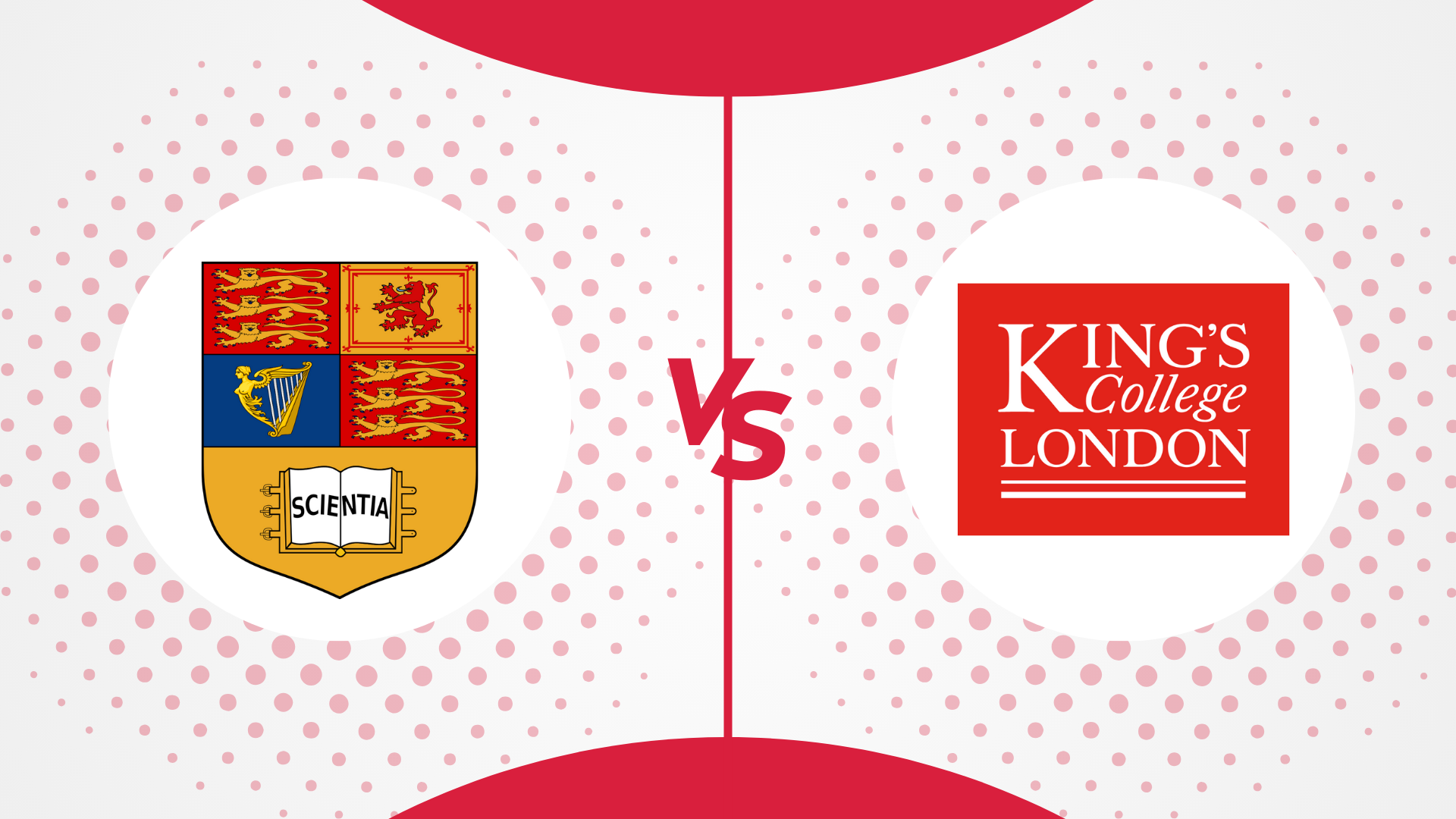
King’s College London vs Imperial College London: How do they Compare [2025]
July 31, 2025 -

London School of Economics vs King’s College: How Do They Compare? [2025]
July 25, 2025 -
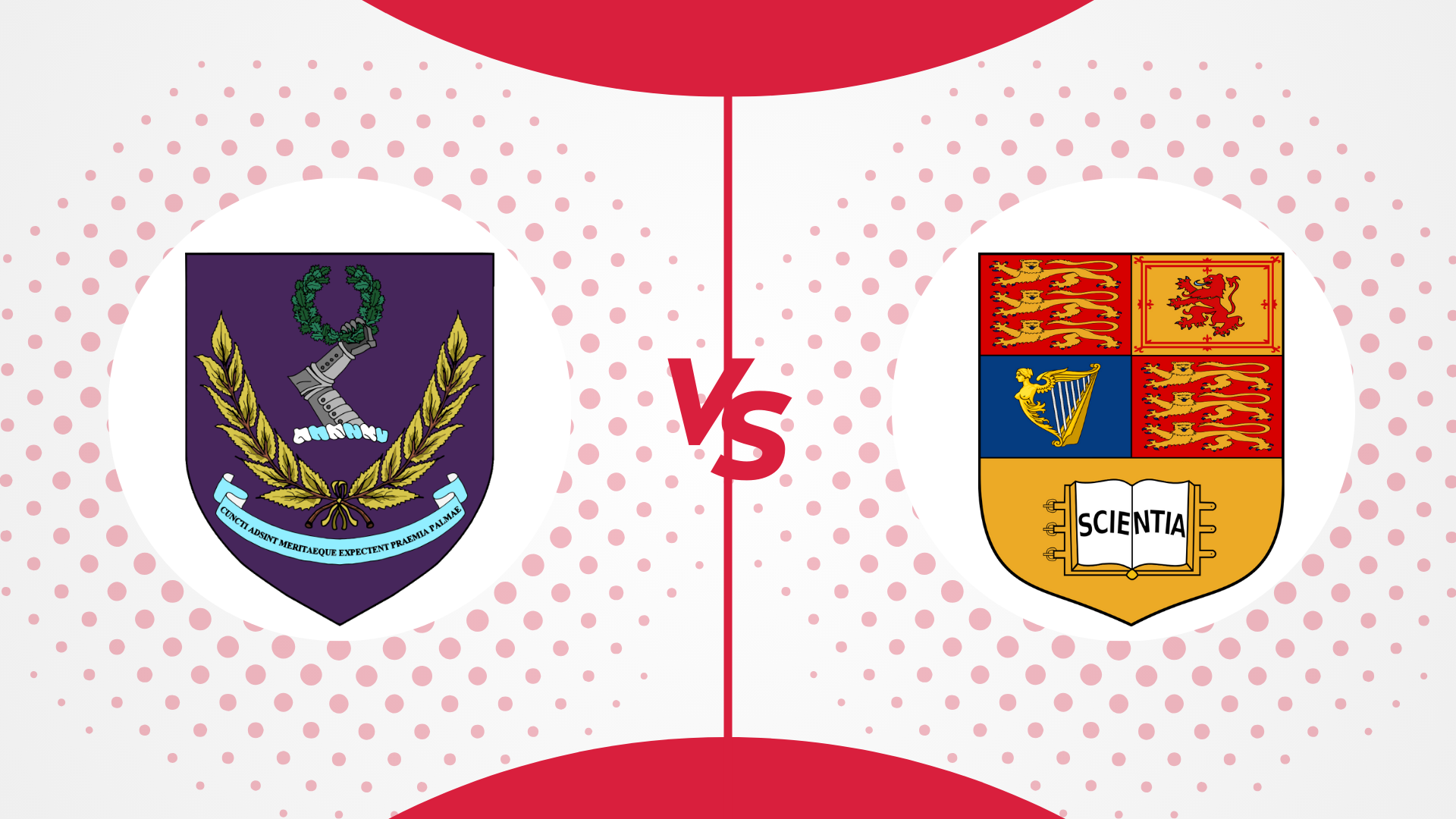
UCL vs Imperial: How Do They Compare? [2025]
July 23, 2025 -

UCL vs LSE: How Do They Compare in 2025?
November 19, 2024 -

Nottingham University vs Nottingham Trent: How Do They Compare? [2025]
November 19, 2024 -
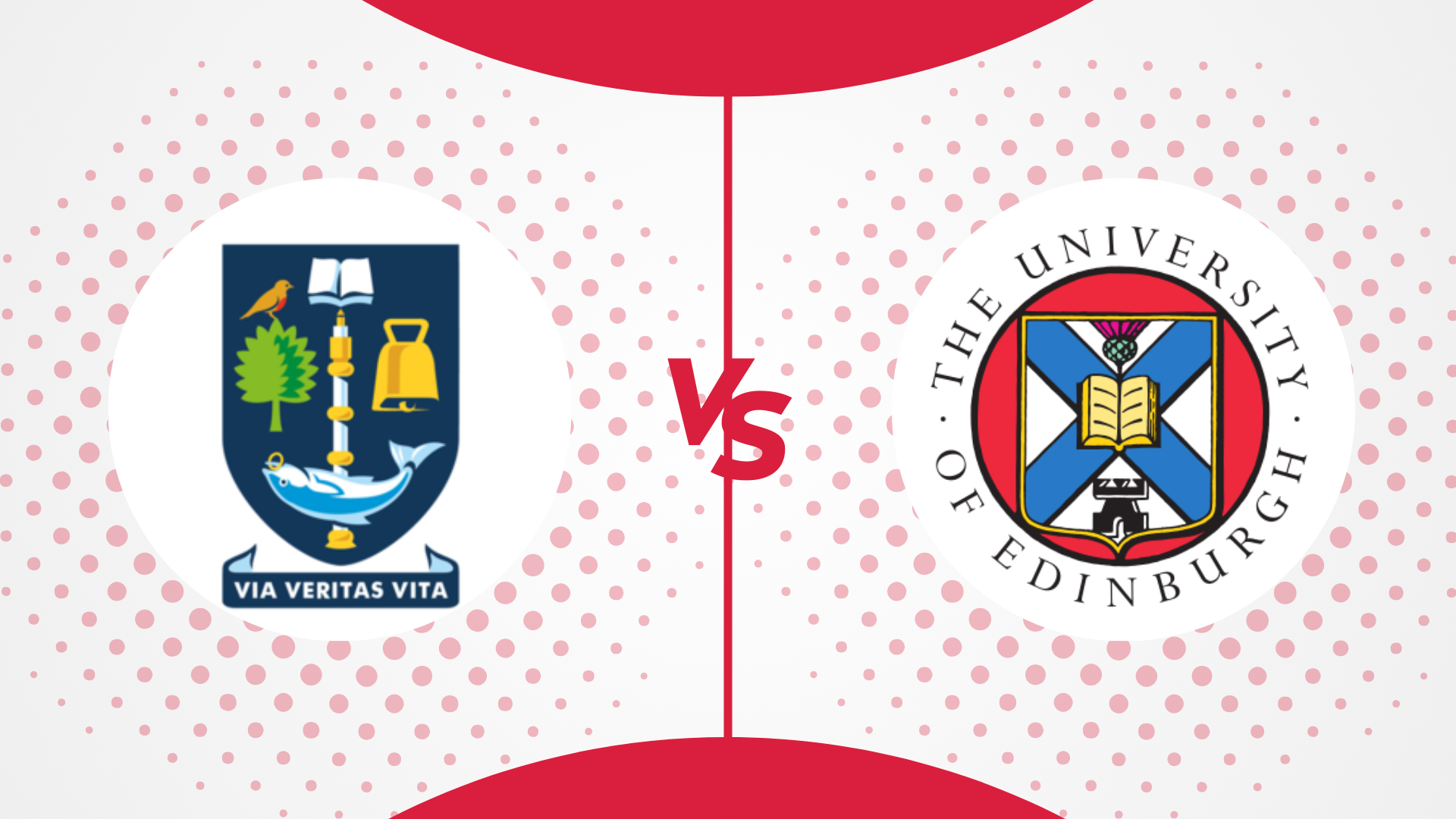
Glasgow University vs University of Edinburgh: How Do They Compare? [2025]
November 19, 2024 -

University of Edinburgh vs King’s College London: How Do They Compare? [2025]
November 7, 2024 -

Durham University vs Glasgow University: How Do They Compare? [2025]
November 6, 2024 -

London School of Economics Vs London Business School: How Do They Compare? [2024]
October 26, 2024 -

Durham vs Warwick: How Do They Compare? [2025]
September 27, 2024


















